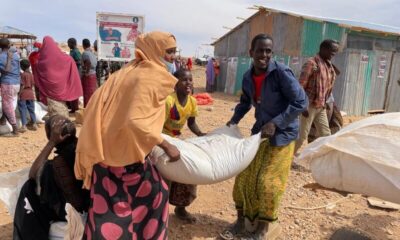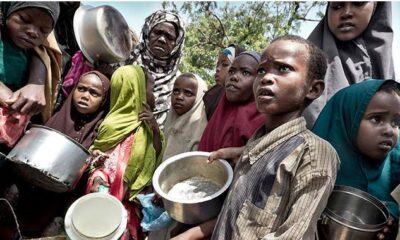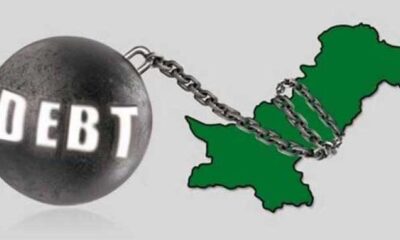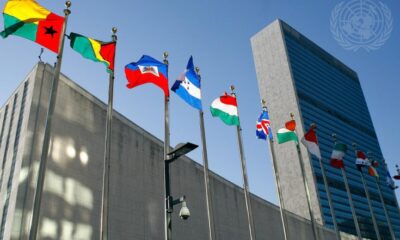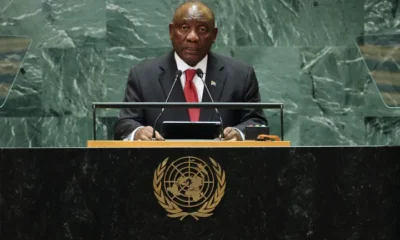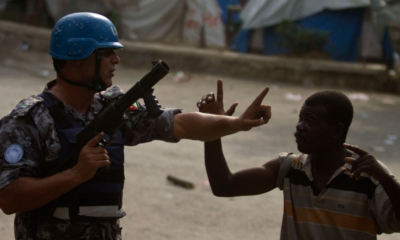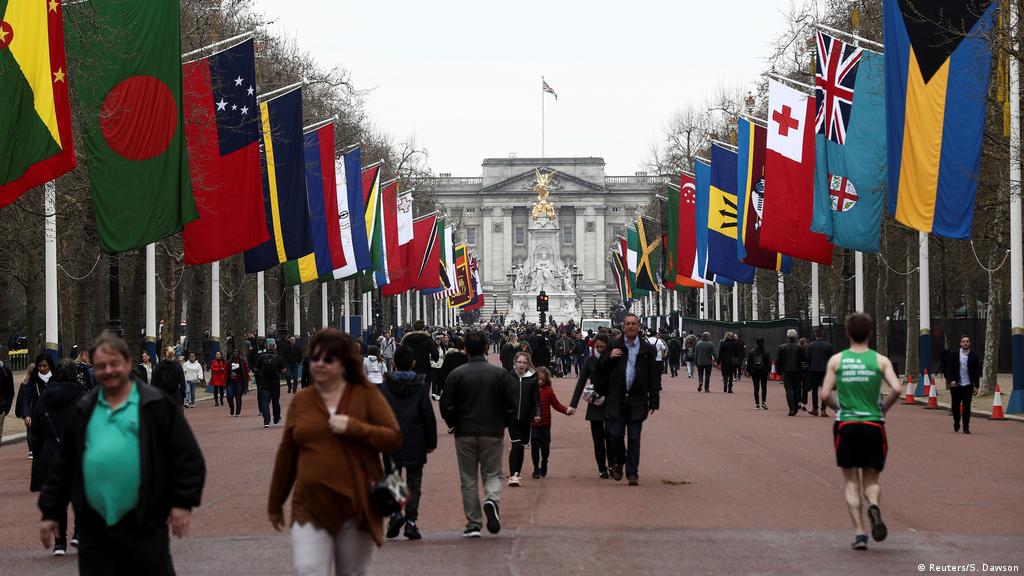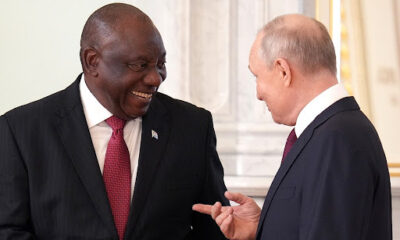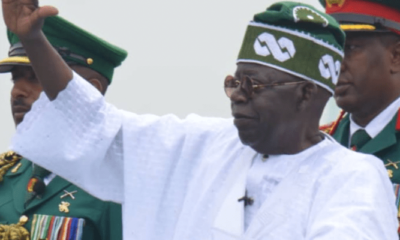The United Nations has urged the Nigerian government to address climate change, pest infestations, and other risks to agricultural productivity after predicting, once more, that 82 million Nigerians, or around 64% of the nation’s population, may be hungry by 2030.
The forecast follows a sustained increase in the nation’s food costs. Nigeria’s food inflation rate surpassed the 40.53 increase from the previous month to a new high of 40.66% in May 2024, according to the National Bureau of Statistics.
Since records have been kept in 1996, this spike in food costs constitutes the biggest annual increase. Nigerian food inflation has historically ranged from -17.50% in January 2000 to an average of 13.42%.
The Food and Agriculture Organization estimated in 2023 that between June and August of 2024, at least 2.6 million Nigerians in the states of Borno, Sokoto, and Zamfara, as well as the Federal Capital Territory, may experience a food crisis.
A government-led Cadre Harmonisé research published in March 2024 estimates that the number of people suffering from extreme food insecurity in the states of Borno, Adamawa, and Yobe is close to 4.8 million, the largest number in seven years. Additionally, organised labour expressed alarm about the nation’s escalating food costs and fuel scarcity as Nigerian workers celebrated May Day in 2024, claiming that the existing state of affairs threatened workers’ survival.
Olisa Agbakoba, a senior advocate for Nigeria, recently issued a warning that the country may soon see a hunger riot and urged the federal government to take immediate action.
The Food and Agriculture Organization’s resident humanitarian coordinator, Taofiq Braimoh, a UN representative, stated recently at the CropWatch Abuja launch: “The government of Nigeria, in collaboration with others, conducts an annual food security survey.” The results this year are concerning: over 80–82 million Nigerians are at risk of severe food crisis by 2030, and about 22 million may experience food insecurity in 2023.
“Nigeria, like many countries, grapples with food insecurity, climate change, unreliable water patterns, pest infestations, and other threats to agricultural productivity. As an agrarian society, our farms’ success directly impacts food availability for our population. Leveraging technology is crucial to strengthening our agriculture sector and ensuring food security.”
The continent has contributed approximately four per cent to greenhouse gas emissions worldwide – significantly less than countries like China and the United States. Yet, African nations rank among the most vulnerable to the repercussions of climate change.

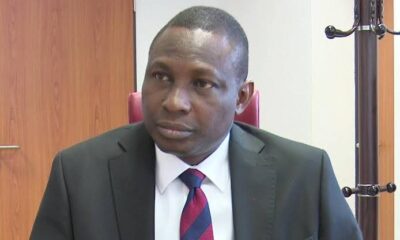
 Metro1 day ago
Metro1 day ago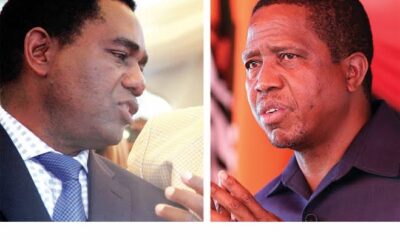
 Metro23 hours ago
Metro23 hours ago
 Tech23 hours ago
Tech23 hours ago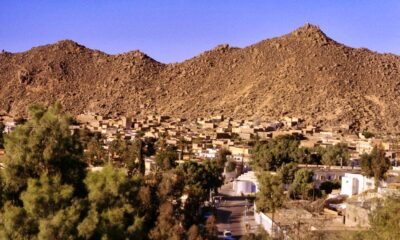
 Culture23 hours ago
Culture23 hours ago

